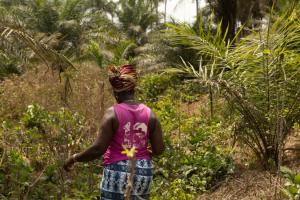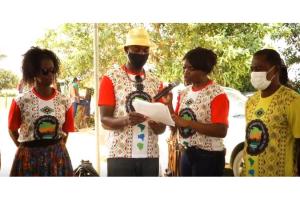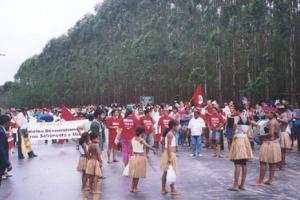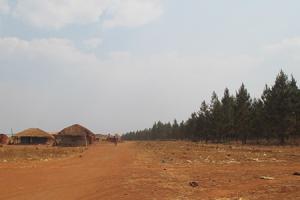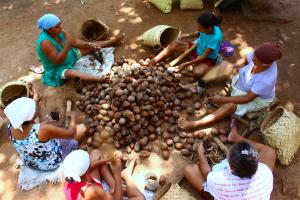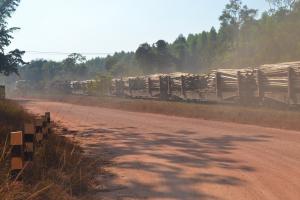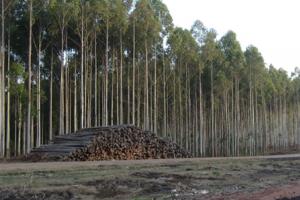Timber
Large-scale, intensively-managed and even-aged tree monocultures for timber production have been expanding onto communities’ fertile lands. They have destroyed forests and grasslands, especially in Latin America, Asia, and East and Southern Africa. The species used are exotic and fast-growing. They include varieties of eucalyptus, pine and teak trees.
Quilombola Communities’ Resistance Against Suzano Company in the Southernmost part of Bahia, Brazil
Suzano was present at the 2021 UN climate negotiations for one main reason: to promote tree plantations as a ‘solution’ to climate change, under the name of ‘nature-based solutions’. It aims to profiteer ever more from the so-called climate policies.
Tupinikim indigenous leaders, in Brazil, share the experience of their people in the struggle against one of the largest eucalyptus plantation and pulp production companies in the world, Aracruz Celulose – currently named Suzano Papel e Celulose.
On the frontlines of the promotion of monoculture tree plantations as a solution to the climate crisis, families affected by tree plantations in Mozambique, Tanzania and Brazil, have once again denounced the serious impacts on their lives and the environment.
Suzano, the world’s largest producer of eucalyptus pulp, is seeking to intensify its operations with so-called ‘green bonds’ as a way to finance its expansion projects.
Land grabbing in Brazil is a clear example of organized crime, of land theft from small farmers.
The construction of the Suzano Pulp and Paper mill—along with nearby highways, the constant transport of wood, and the massive influx of workers—has brought a lot of devastation to communities. This is the testimony of an activist who is fighting for the territory.
As a condition to install its second pulp mill, the company UPM demanded that the Uruguayan state build a new railroad from the site where UPM plans to locate its mill to the port. The government would cover the costs of these infrastructure projects at the service of UPM.
Certification schemes for tree plantations initially generated many expectations, promising a true transformation. Yet after all these years, we can definitely conclude that what the RSPO and FSC also have in common is that they will not meet those expectations.
For years, WRM has been warning many certified monoculture plantations in Brazil have been established on land for which titles were obtained fraudulently. This article discusses the case of two companies that operate in the Brazilian Amazon: Agropalma and Jari Florestal.
In 2017, the Finnish company UPM signed a contract with the Uruguayan government to establish a third mega pulp mill. The project is subject to exorbitant conditions imposed by the multinational.
